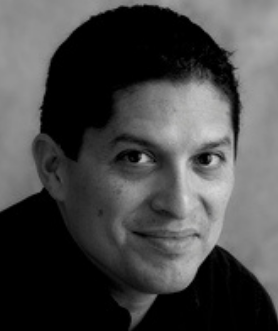Internacionales

Manuel Vargas

Universidad de California, San Diego
Profesor de filosofía de la Universidad de California, San Diego. Sus investigaciones se centran en la intersección de las implicaciones legales, morales y psicológicas del estudio de la libertad y la agencia humana. Adicionalmente, se encuentra interesado en la filosofía latinoamericana y en el estudio de su historia. Es autor del libro Building Better Beings: A Theory of Moral Responsibility (2013), co-autor del libro Four Views on Free Will (2007) y co-editor de The Oxford Handbook of Moral Psychology (en prensa).
Presentación"https://cdnjs.cloudflare.com
Free Will, Neuroscience, and Social Kind Eliminativism
"https://cdnjs.cloudflare.com
Sumilla:
A number of scientists have claimed that discoveries in the sciences (neuroscience, biology, psychology, etc.) show that people do not have free will. This talk argues that there are reasons to doubt such claims. Instead, we should be skeptical about any easy path from scientific findings to the rejection of free will. One reason for proceeding cautiously is that many statuses and categories that are of interest to us—including concepts like freedom and responsibility—are of a sort that insulates them from being readily overturned by science, even when scientific results put pressure on ordinary understandings of these categories. Acknowledging the complicated relationship between science and these “socially insulated” categories does not show that scientific findings are irrelevant to our understanding of free will and responsibility. More plausibly, what it shows is that philosophy and the sciences (perhaps especially neuroscience) will have to work in tandem.